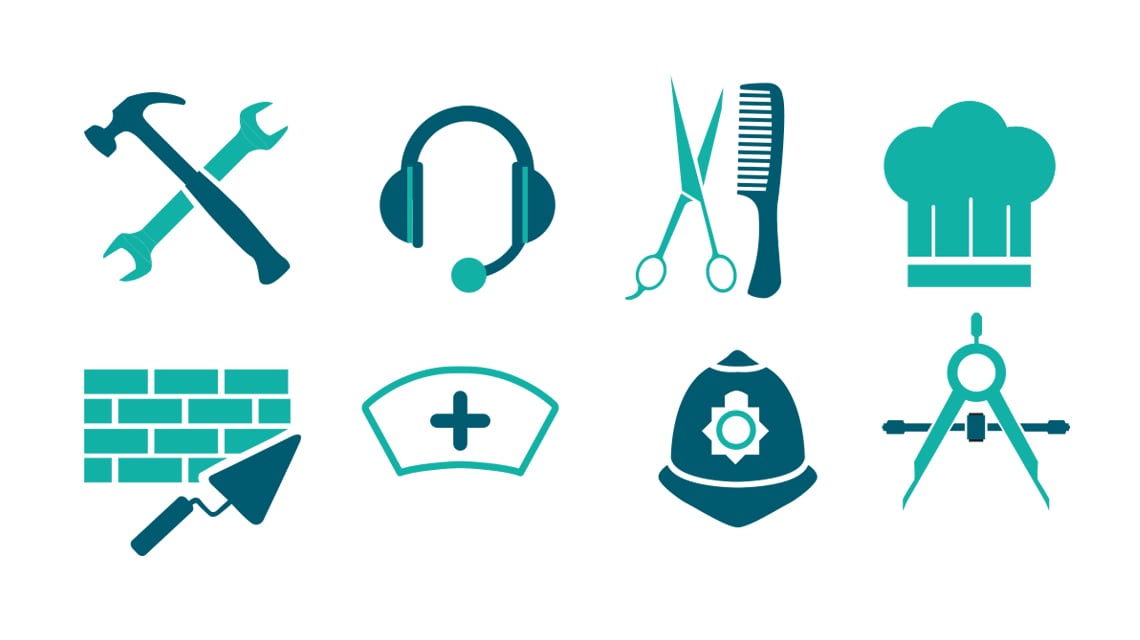Whether you are working within mechanical, electrical, chemical or civil engineering, entry level jobs tend to require practical skills.
For example, you might be using, maintaining or repairing machinery or replacing railway tracks. Advances in technology mean that there are now fewer entry level jobs available in engineering. Jobs still exist at this level, just fewer than in the past.

Example jobs

Chemical plant process operator
Setting up and monitoring machinery used to produce chemical products.
Engineering maintenance fitter
Maintaining and fixing machinery used in engineering.
Rail track maintenance worker
Maintaining and repairing railways, tunnels and bridges.
Things you need to know

Typical working conditions
- You could be working in a factory, laboratory or out on site.
- Although engineering is now often a clean and high-tech industry, some jobs take place in noisy, hot or smelly conditions.
- You might need to wear protective clothing and there will be strict safety procedures to follow.

Qualifications needed
You will need GCSEs in English, maths and sciences to get onto an apprenticeship in engineering. Studying engineering, physics, design and technology, ICT or motor vehicle qualifications at school could help you work out whether you are interested in this area of work.

Career path
An apprenticeship or vocational qualifications at Levels 2 and 3 will help you to move on to jobs at the next level, maybe as an engineering technician. The experience you gain from an apprenticeship or through work is equally important to help you move on in your career.
Useful links
Pearson is not responsible for content on external websites.